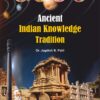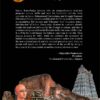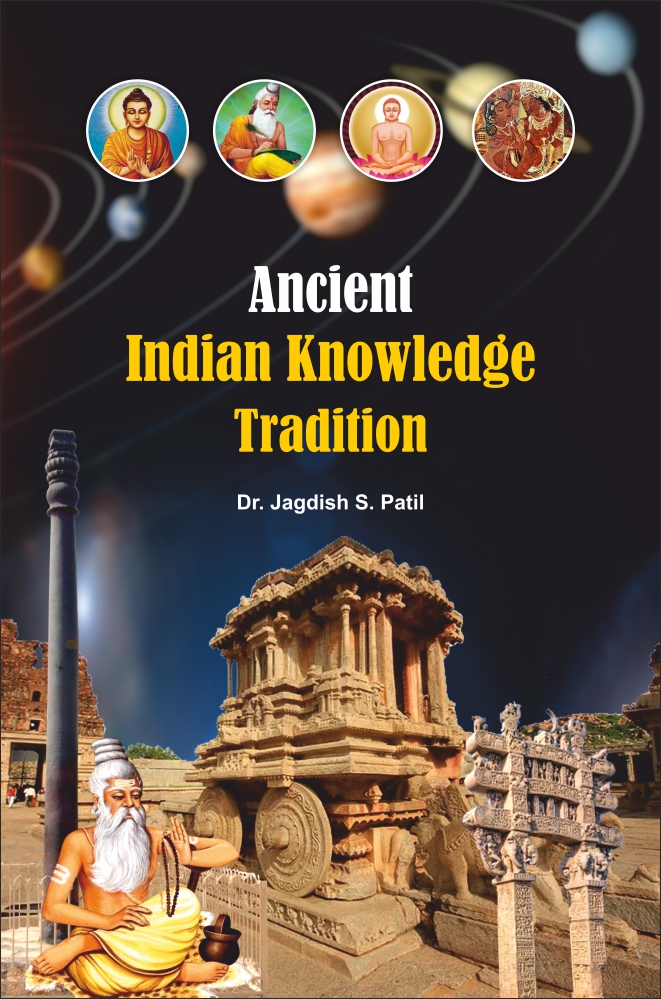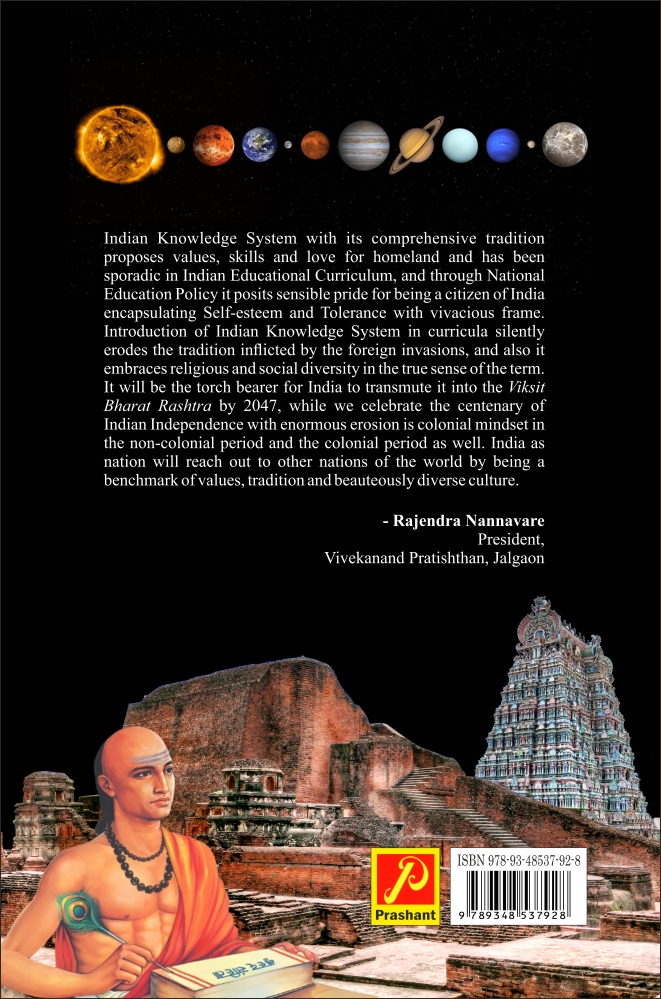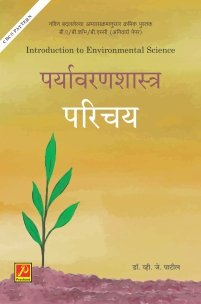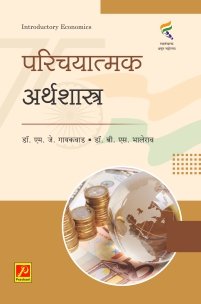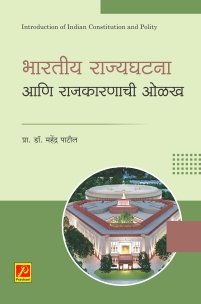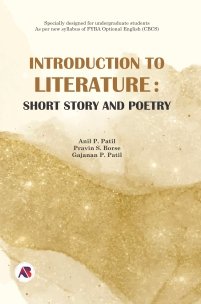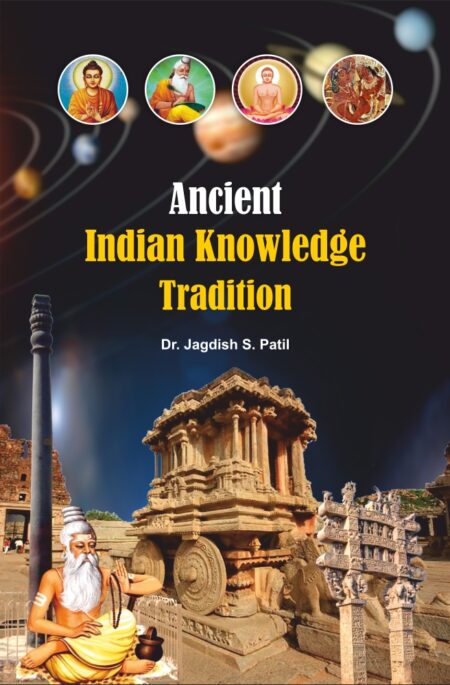Ancient Indian Knowledge Tradition
F.Y.B.A./F.Y.B.Com./F.Y.B.Sc./B.C.A./B.B.A./B.S.W. (IKS)
Authors:
ISBN:
Rs.225.00
- DESCRIPTION
- INDEX
Indian Knowledge System with its comprehensive tradition proposes values, skills and love for homeland and has been sporadic in Indian Educational Curriculum, and through National Education Policy it posits sensible pride for being a citizen of India encapsulating Self-esteem and Tolerance with vivacious frame. Introduction of Indian Knowledge System in curricula silently erodes the tradition inflicted by the foreign invasions, and also it embraces religious and social diversity in the true sense of the term. It will be the torch bearer for India to transmute it into the Viksit Bharat Rashtra by 2047, while we celebrate the centenary of Indian Independence with enormous erosion is colonial mindset in the non-colonial period and the colonial period as well. India as nation will reach out to other nations of the world by being a benchmark of values, tradition and beauteously diverse culture.
– Rajendra Nannavare
President,
Vivekanand Pratishthan, Jalgaon
1. Tradition of Knowledge and Knowledge of the Tradition In India
1.1 Introduction
1.2 Concept of Indian Knowledge Systemand
Importance of IKS
1.3 Introduction to Ancient Knowledge Sources
1.4 Four Vedas
1.5 Vedanga
1.6 History and Puranas (Ramayana, Mahabharata,
Vishnupurana and Bhagavata, etc.)
1.7 Four Upavedas
1.8 Four Appendages of Vedas (Upaangaas)
1.9 Indian Philosophies (Dharshan Shastra)
1.10 Buddhist and Jain Traditions
2. Ancient Languages, Education, Teachers, Scholars and Universities
2.1 Introduction
2.2 Bhaskaracharya, Devagiri Province and ‘Lilavati’
2.3 Ancient Indian Languages
2.4 Ancient Indian Universities
2.6 Upadhyaya and Acharya
2.7 Travelers to India in Search of knowledge
3. Agriculture, Commerce and Trade in Ancient India
3.1 Introduction
3.2 Ancient Indian Crops, Agricultural Tools, Seed Technology, Fertilizers, and Water Systems
3.3 Trade and Commerce
3.4 Communication Tools
3.5 Imports and Exports
4. Sixty Four Arts in Ancient India
4.1 Introduction
4.2 Sixly Four Art Forms
4.2 Architecture and Town planning, Forts,
Ghats of Rivers, etc
4.3 Armory, Astronomy, Geometry, Medicine,
Mathematics, Psychology
4.4 Alloys and Metal Extraction Technology
Suggested Reading
A Guide to Sanskrit Transliteration and Pronunciation
Bibliography
Author
Related products
-
पर्यावरणशास्त्र परिचय
Rs.375.00 -
परिचयात्मक अर्थशास्त्र
Rs.395.00

